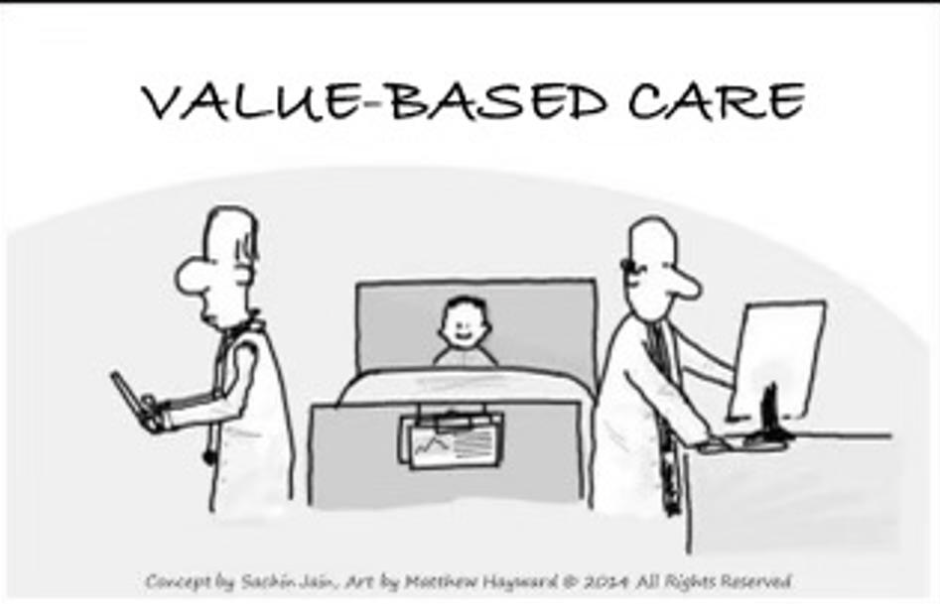

Attend any healthcare conference and you’ll quickly discover that it’s become downright fashionable for healthcare leaders to talk about their unwavering commitment to “value-based care.”
The expression has become ubiquitous in healthcare circles. Its virtuousness goes unchallenged.
But should that be the case?
Michael E. Porter and Elizabeth Teisberg (with whom I worked as a student and researcher at Harvard Business School from 2006-2010) popularized the value equation (Value = Quality/Cost) and suggested that improving value should be any healthcare system leader’s highest aim.
Since that time, the federal government has introduced a number of policy instruments to accelerate the transition to value-based care including Medicare Advantage, accountable care organizations, and bundled payment models.